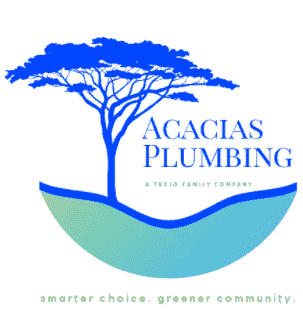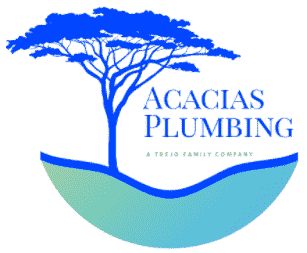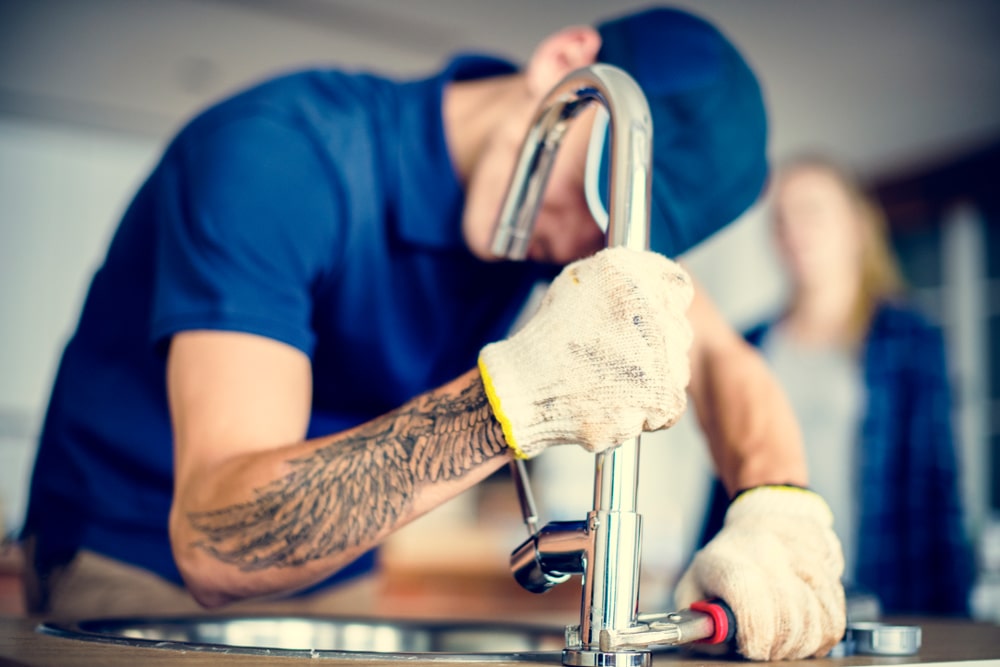As environmental awareness continues to grow, Houston homeowners are increasingly seeking eco-friendly solutions to reduce their water and energy consumption. With the assistance of Acacias Plumbing, we present five essential eco-friendly plumbing tips that can significantly minimize your impact on the environment while providing valuable benefits such as water and energy savings. In this informative listicle, we will explore various green plumbing practices and technologies that can be easily implemented in your Houston home.
From water-saving fixtures to wise water usage habits, our expert tips will provide practical guidance to help you adopt a more responsible, sustainable lifestyle without compromising on comfort or functionality. Join us as we share these eco-friendly plumbing suggestions that contribute not only to a healthier living environment but also to long-term financial savings and Earth-friendly resource management.
1. Install Low-Flow Fixtures for Water Conservation
One effective approach to eco-friendly plumbing involves installing low-flow fixtures in your home. These fixtures are designed to use significantly less water compared to conventional models, making them an ideal choice for homeowners looking to conserve water and reduce their environmental impact. Some popular types of low-flow fixtures include:
– Low-flow faucets: By mixing air with the water stream, these faucets can use roughly 50% less water without compromising water pressure. Installing WaterSense labeled faucets can save a household approximately 2,700 gallons of water per year, according to the EPA.
– Low-flow showerheads: Similar to faucets, low-flow showerheads can cut water usage by mixing air into the water stream. These showerheads can save an average family 2,900 gallons of water per year, as stated by the EPA.
– Dual-flush toilets: With two flush options, these toilets allow the user to conserve water by choosing either a half flush for liquid waste or a full flush for solid waste. The EPA estimates that a dual-flush toilet can save a family more than 4,000 gallons of water each year.
2. Upgrade to High-Efficiency Appliances
Investing in high-efficiency appliances can significantly improve your home’s water and energy consumption. Upgrading to more efficient models, such as tankless water heaters and ENERGY STAR certified washing machines, not only helps the environment but may also lower your utility bills.
– Tankless water heaters: Rather than constantly heating a large tank of water, these units heat water on-demand, providing hot water only when needed. This energy-efficient approach can save an average family $100 per year, according to ENERGY STAR.
– High-efficiency washing machines: By using roughly 25% less energy and 33% less water, ENERGY STAR certified washing machines are more environmentally friendly and cost-effective than conventional models.
3. Implement Smart Water Usage Practices
Incorporating smart water usage practices can substantially contribute to water conservation efforts and minimize your home’s environmental footprint. Consider implementing the following tips:
– Collect rainwater: Install a rainwater harvesting system to collect and store rainwater for non-potable uses, such as watering plants or flushing toilets. This practice can save significant amounts of potable water and reduce your overall water usage.
– Optimize irrigation scheduling: Irrigate your garden or lawn during the early morning or late evening to minimize evaporation and maximize water efficiency.
– Insulate water pipes: Adding insulation to your home’s water pipes can prevent heat loss as hot water travels through the pipes, subsequently reducing the time it takes for water to heat and saving energy in the process.
4. Adopt Sustainable Landscaping Techniques
In addition to eco-friendly plumbing solutions, integrating sustainable landscaping techniques can enhance water management and conserve valuable resources. Some popular practices include:
– Xeriscaping: This landscaping technique emphasizes the use of native, drought-tolerant plant species to minimize the need for supplemental irrigation and reduce water consumption.
– Permeable pavers: Installing permeable paving materials in driveways, patios, and walkways allows water to infiltrate the soil, decreasing surface runoff and contributing to groundwater recharge.
– Rain gardens: These landscaped depressions are designed to catch and absorb excess rainwater, helping to filter pollutants and reduce erosion before the water reaches groundwater supplies.
5. Conduct Regular Plumbing Inspections and Maintenance
Routine plumbing inspections and maintenance play a crucial role in keeping your plumbing system efficient, functional, and eco-friendly. By identifying and addressing potential issues early, you can prevent water wastage, reduce energy consumption, and extend the life of your plumbing fixtures and appliances. Some routine plumbing maintenance tasks include:
– Checking for leaks: Regularly inspect your plumbing system for visible and hidden leaks. Pay attention to damp spots, mold growth, or cracked pipes that may indicate a potential leak. By addressing leaks early, you can prevent significant water waste and costly damage.
– Inspecting water heaters: To ensure your water heater operates efficiently, schedule annual maintenance and inspections with a professional plumber. This may include flushing sediment from the tank, checking the pressure relief valve, and inspecting for any signs of corrosion or damage.
– Cleaning drains and pipes: Over time, debris and buildup can lead to clogs and slow-draining water. Regularly cleaning your drains and pipes can prevent clogs and improve water flow, thereby conserving water and energy.
Adopting these eco-friendly plumbing practices can significantly reduce your home’s environmental impact while providing valuable benefits such as water and energy savings. By incorporating these tips into your daily routines and maintenance schedules, you can contribute to a more sustainable, efficient, and cost-effective living environment for your Houston home.
Embrace Eco-friendly Plumbing Solutions and Transform Your Houston Home
In conclusion, incorporating eco-friendly plumbing practices in your Houston home can lead to significant environmental benefits and substantial water and energy savings. By upgrading to high-efficiency appliances, installing low-flow fixtures, and following smart water usage habits, you can create a more sustainable and cost-effective living space. Acacias Plumbing is committed to assisting Houston homeowners in adopting environmentally friendly plumbing solutions that align with their conservation goals and preferences.
Ready to make a difference for the planet and your Houston home with eco-friendly plumbing solutions? Contact Acacias Plumbing today to learn more about residential plumbing services in Houston. Our expert team is eager to help you embrace green practices and create a more sustainable home for you and your family.


